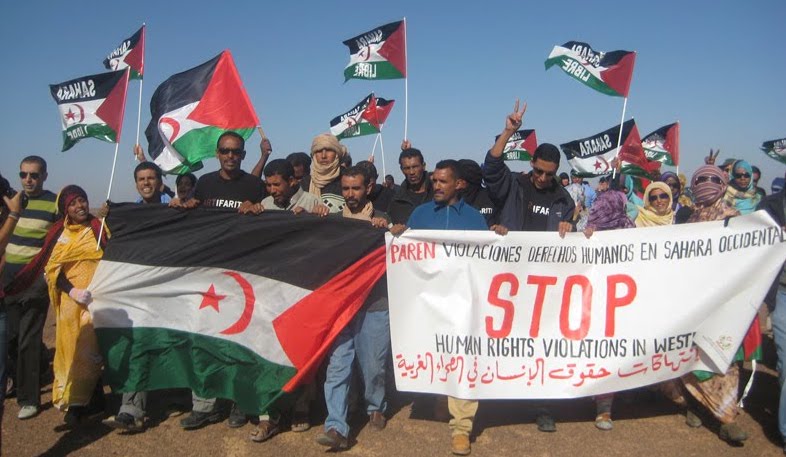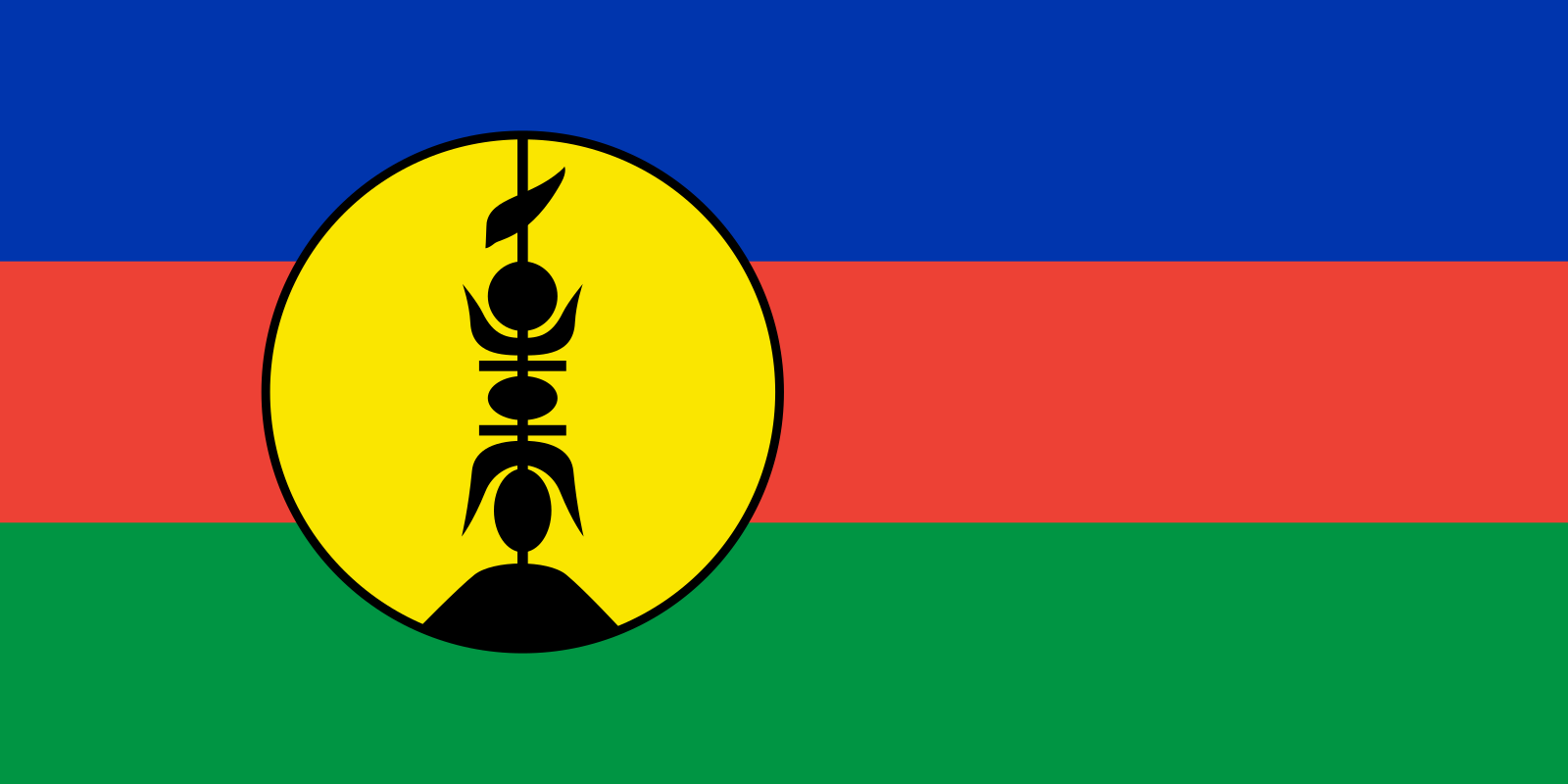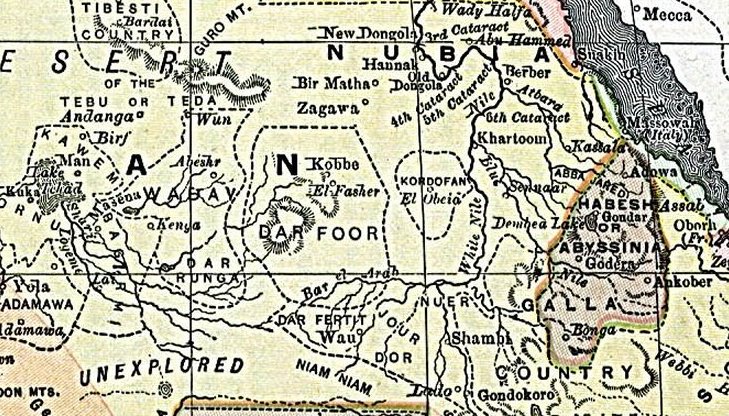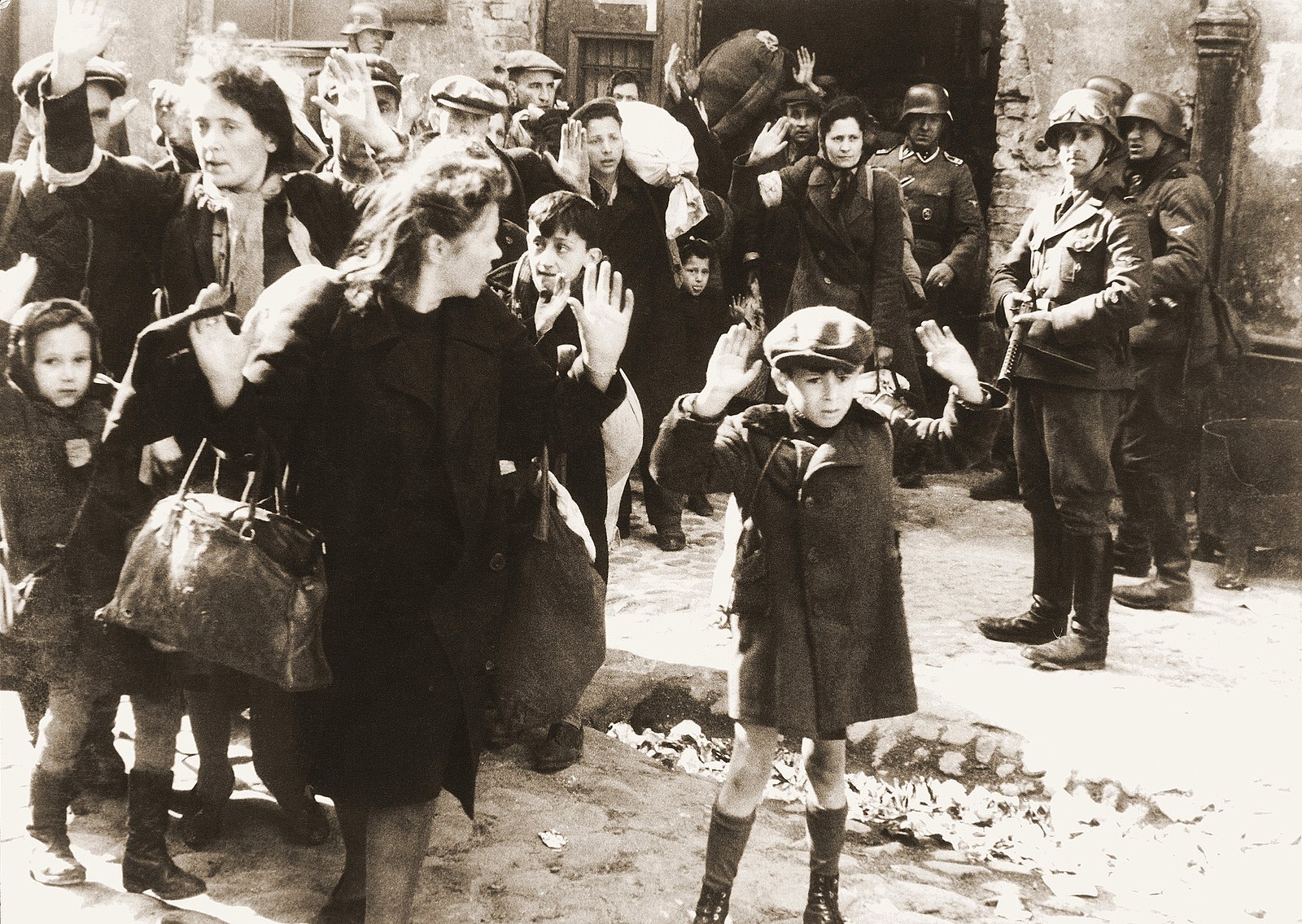
From Baghdad to Bialystok —to Pico-Robertson
In Episode 232 of the CounterVortex podcast, Bill Weinberg examines the politics of the ugly dust-up between pro-Palestinian protesters and local Jewish residents in the Los Angeles neighborhood of Pico-Robertson—and notes the anniversary of June 1941 anti-Jewish pogroms in Bialystok, Poland, and Baghdad, Iraq. Propagandistic and distorted portrayals of the LA protest as mere arbitrary anti-Semitism ignore the fact that the targeted synagogue was hosting a real estate event promoting sale of lands to create “Anglo neighborhoods” in Israel, and probably in the occupied West Bank (which would be a clear violation of international law). On the other hand, insensitivity to (or ignorance of) the historical context(and contemporary context) that makes an angry protest outside a synagogue an inevitably problematic “optic” only abets the propaganda. Listen on SoundCloud or via Patreon. (Photo: The Great Synagogue of Bialystok before it was destroyed by the Nazis in 1941. Via Jewish Historical Institute)











